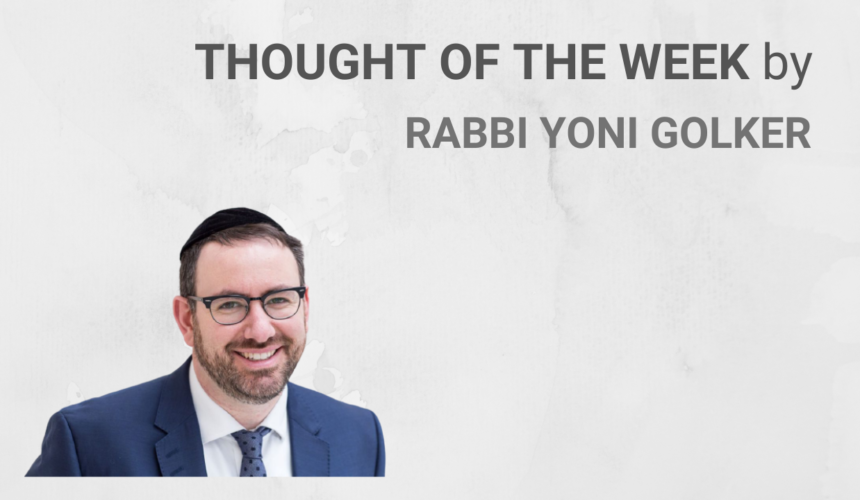THE FOURTEENTH PRINCIPLE OF FAITH During 2020, I lost not only my dear friend Rabbi Lord Jonathan Sacks, but also, earlier in the year, I lost the teacher he and I shared, Rabbi Nachum Rabinovitch. Jonathan Sacks wrote that even though he had studied at Oxford and Cambridge with some of the leading intellects of the time, when he began to study with Rabbi Rabinovitch he found he was more demanding than any of them. In the introduction to his commentary of the Laws of Repentance, Rabbi Rabinovitch solves a puzzle that has long troubled students of Moses Maimonides, the...
Ki Tavo

SERVING G-D WITH JOY Shalom This coming Monday is the Matzeivah, the tombstone consecration of Rabbi Lord Sacks of blessed memory. It takes place at the Bushey New Cemetery at 2.15pm. It will be held outside and members of the community are invited to attend. In Rabbi Sacks’ honour, leilui nishmato, let me share a thought from one of his essays in Covenant and Conversation on this week’s parasha. It comes from the volume on Ethics, published in 2016. Rabbi Sacks distinguishes between happiness and joy. Happiness is certainly accorded high value in Judaism. One of our key prayers, said...
Re’eh

Being the King in one’s Palace The name of the parsha means ‘judges,’ and the theme of the parsha is ‘authority’ or ‘leadership’ – we encounter judges, kings, rebels and more. All societies require structure, and this needs some form of hierarchy – not inequality, but order and structure, which will inevitably entail some individuals being thrust into a position of authority. A functioning society consequently has different people all playing different roles, but for its overall good and betterment – a higher purpose. However, as history has taught us ‘power corrupts and absolute power corrupts absolutely.’ Thus, checks and...
Re’eh

“See I have placed before you today blessing and curses. The blessing is when you listen to the commandments of the Almighty which I have commanded you today.” Deuteronomy Chapter 11, Verse 26 & 27 The book of Devarim, Moses’ valedictory speech to the Jewish people is known as Mishna Torah – a repeat. Moses is about to leave this world and he delivers his parting words of wisdom. REPEATING and summarising the entire Torah. What is interesting – he waits three portions DEVARIM – VAESCHANAN – EIKEV – before getting in to the finer details of the commandments! Why...
Ekev

STRANGERS IN OUR MIDST One of the core commandments of Jewish Ethics is expressed in the verse in this week’s parasha: “Love the stranger, for you were strangers in the land of Egypt.” (Devarim 10:19) The medieval work on the Mitzvot, the Sefer HaChinuch, explains that this commandment extends to our supporting refugees who are displaced in a foreign land and find themselves without means of support. We can look at this from another angle to include those amongst us, previously active and healthy, and now find themselves terminally ill. They can feel psychologically estranged from their family and community,...
Va’etchanan

HUMILITY Both Richard Branson in his Virgin Galactic and Jeff Bezos in his Blue Shepherd have commented on the awesome experience of being up in space, looking down at earth. “Nothing could prepare you for the view of Earth from space,” said Branson. “It is one thing to recognise it intellectually,” said Bezos. “It is another to actually see it with your own eyes.” Indeed this has been the reaction of every astronaut before them. They are awestruck and overcome with a sense of humility as to who we are and our place in the universe. Yet, 2500 years ago,...


